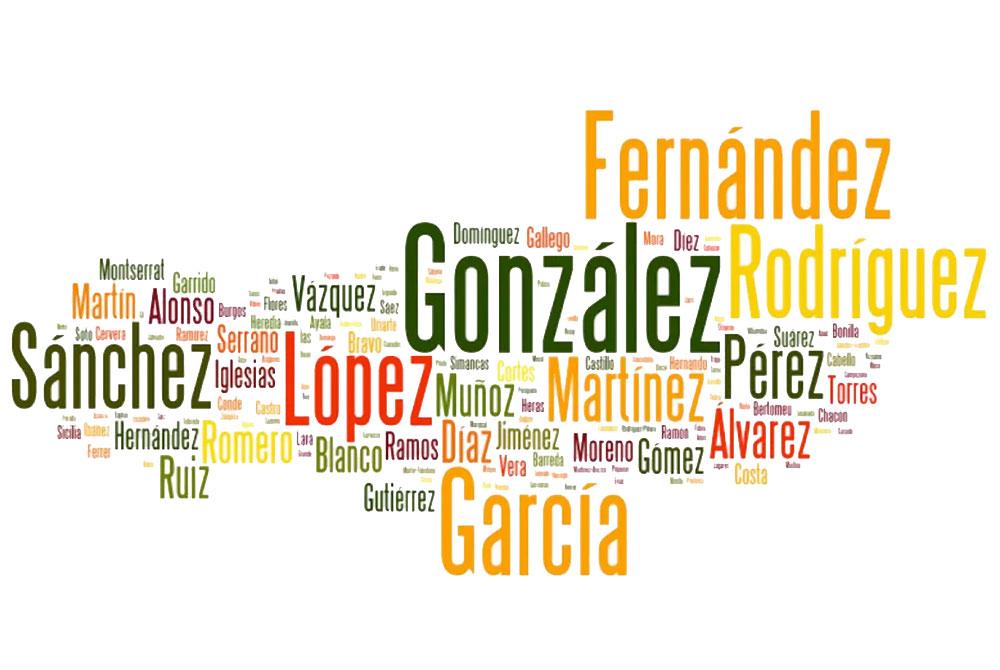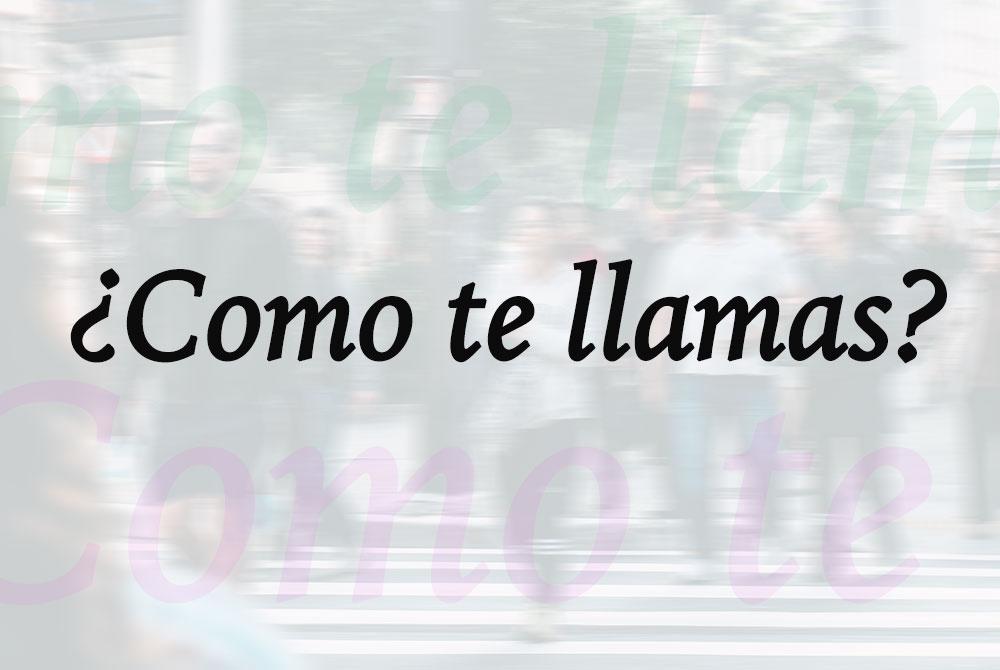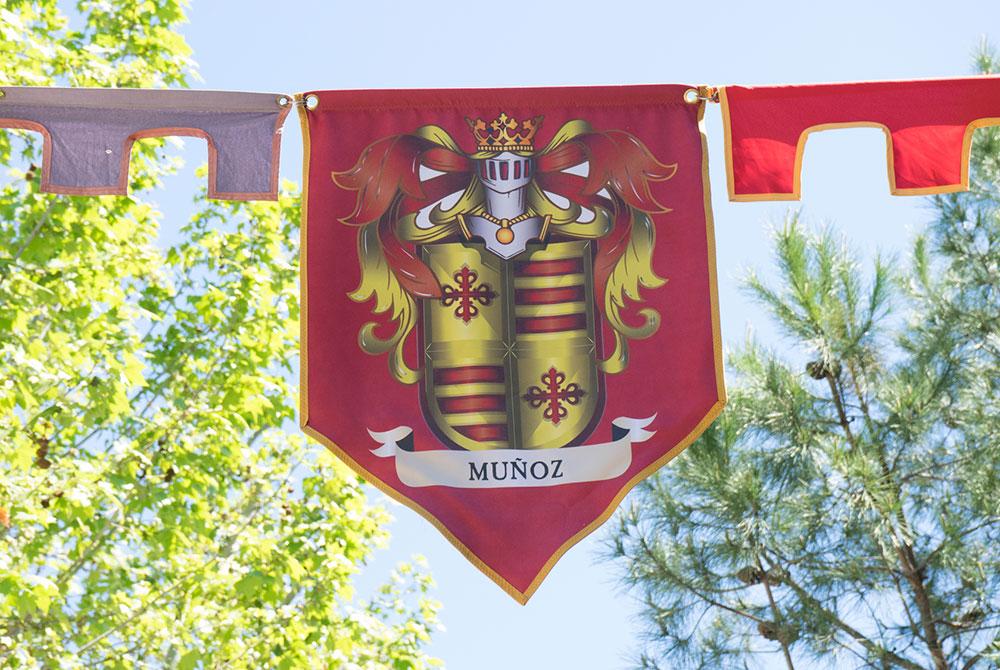Spanish surnames: babies are named after both their parents
In Spain, the tradition of having two surnames (apellidos) has been around for centuries. An advantage of this system is that confusion between people in the Civil Registry is less likely to occur.
This naming system was institutionalised by the Church in the 16th century, and it has been evolving ever since. In the 19th century, the tradition of giving two surnames (paternal and maternal) to children became the law.
Before this, the child’s family was free to decide which surnames to use and in what order.
Nowadays, newborns are given two surnames, usually the father’s first surname followed by the mother’s first surname.
However, parents can choose the order of the surnames when they officially register their child’s name.
Spanish surnames: how do they work?
If Juan Fernández Jiménez and María Córdoba Pérez decide to have children, their children’s surnames would be Fernández Córdoba.
This means that siblings have the same surnames, but children have a different surname combination to their parents.
Once you’re an adult, you can request to change the order of your surnames.
If you get married, your surname doesn’t change. In other words, each spouse keeps their two surnames.
The Spanish naming system is slightly less sexist than systems in other countries where a woman traditionally takes her husband’s surname upon marrying, and where a child only has their father’s surname.
However, in Spain, maternal surnames are lost in the next generation.
The most common Spanish surnames
The most common surname in Spain is García. This is followed by Martínez, Fernández, and Rodríguez… As you may have noticed, many Spanish surnames end in -ez.
Do you know why? These surnames are derived from the name of a male ancestor. The particle “-ez” means “son of”. For example: Fernández (son of Fernando), López (son of Lope).
Not all surnames have their origin in the father’s name; many are derived from a place name, e.g. Córdoba, Valencia, etc.
Other Spanish surnames have their origin in the trade of an ancestor, such as “Sastre” (Tailor), “Botero” (Bottler/Boat Owner), “Tejedor” (Weaver), or in their social status as “Duque” (Duque), “Escudero” (Squire), “Soldado” (Soldier).
If you visit the cities of Ceuta or Melilla, which have large Muslim communities of Moroccan origin, you may come across a person named Mohamed Mohamed Mohamed.
The first word is a first name and the last two are surnames. Mohamed is a very common first and last name among Muslims due to its religious significance.
Oh, and one last thing. If you’re planning to move to Spain and obtain Spanish nationality, you’ll have to follow these rules.
If you’ve only got one surname, you can either adopt your mother’s maiden name or repeat your surname.
Some Spaniards have more than two surnames!
Compound surnames, although uncommon, exist and are joined by a hyphen or by one or more particles.
Example:
Ramón Sánchez de Córdoba Pérez. “Sánchez de Córdoba” would be the father’s surname, and “Pérez” the mother’s.
Luís Zuleta-Reales Fernández. “Zuleta-Reales” comes from the father, and “Fernández” comes from the mother.
Where do these surnames come from?
In Spain, compound surnames originated in the Middle Ages. Noble families often combined their surnames with those of lords or with the name of the place that they were from. Likewise, compound surnames were sometimes used if a woman had noble lineage so that her surname was preserved in future generations.
Learning about Spanish surnames is fascinating because it speaks volumes about Spanish culture and history.
Do you want to learn Spanish and discover Spain? Check out our courses.



